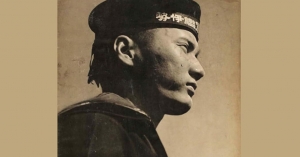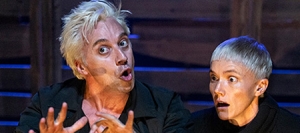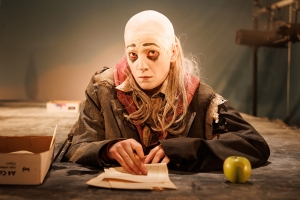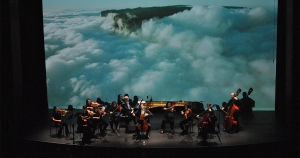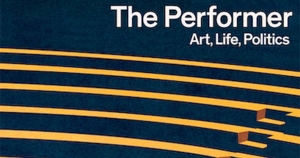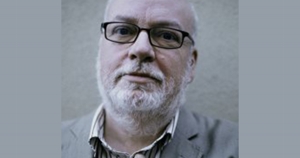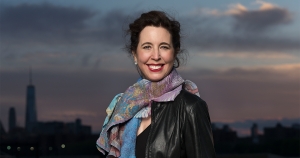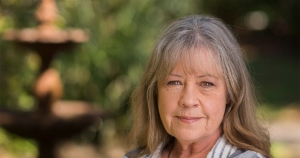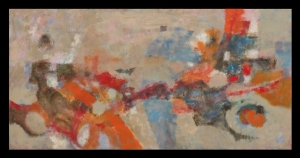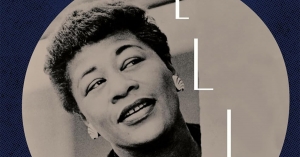Arts
Iva Glisic reviews ‘Soviet Socialist Realism and Art in the Asia-Pacific’ by Alison Carroll
From bountiful feasts on collective farms to choreographed parades in Red Square, Soviet Socialist Realism painted a world of triumphant spectacle. In the eyes of Western critics, however, these images were as bland as they were removed from Soviet reality. As a result, Socialist Realism hovered on the margins of art history almost until the end of the twentieth century, when a series of studies in the early 1990s moved away from the reductive assessment of the movement as vulgar propaganda, revealing a complex and intriguing aesthetic reasoning within its production. A subsequent wave of further research would foreground the influence of this artistic production outside the Soviet Union. With Soviet Socialist Realism and Art in the Asia-Pacific, Alison Carroll aligns with efforts to examine the impact of the movement in a global context, placing focus on a region that certainly merits greater attention.
... (read more)Zinnie Harris’s adaptation of Eugène Ionesco’s Rhinoceros, in this Spinning Plates production at fortyfivedownstairs, opens on a sombre wasteland setting, bathed in eerie yellow light. In a sudden blaze of colour, a raucous rabble of ordinary characters, rendered extraordinary by Dann Barber’s bold and anarchic costumes, invades the stage. The energy is starkly at odds with Jacob Battista and Dann Barber’s superbly contained and claustrophobic staging. From this heightened theatrical world – part pantomime, part circus – we brace for a wild ride.
... (read more)How does a ten-day festival in Townsville (Gurambilbarra) in tropical Far North Queensland, with a line-up of thirty-five top musicians from Australia and across the world, go from strength to strength in a difficult economic climate? Maybe it’s because the Australian Festival of Chamber Music, with a track record of more than thirty years, is so much more than a music event.
... (read more)Paul Giles reviews ‘The Performer: Art, life, politics’ by Richard Sennett
Richard Sennett is a distinguished American-born sociologist who has in the past written compellingly about ways in which social and economic developments have shaped larger cultural frameworks. This new work, which the publishers advertise as ‘the first in a trilogy of books on the fundamental DNA of human expression’, is even more wide-ranging in its scope, attempting as it does to cover how the nature of performance has shaped not only politics but also the creative arts and ‘life’ itself. Sennett’s first words are taken from Shakespeare’s As You Like It, ‘All the world’s a stage’, and he aims to track the implications of Jaques’s words across different periods of history, looking for ‘the bonds between people that stretch across time as well as space’.
... (read more)Andrew Ford is a composer, writer, and broadcaster, and has won awards in all three capacities, including the prestigious Paul Lowin Prize for his song cycle, Learning to Howl. His music has been played throughout Australia and in more than forty countries around the world. Since 1995 he has presented The Music Show each weekend on ABC Radio National. He is the author of eleven books, including The Song Remains the Same: 800 years of love songs, laments and lullabies (with Anni Heino). We review his new book, The Shortest History of Music.
... (read more)Angela Hewitt, one of the world’s leading concert pianists, appears in recital and as soloist with major orchestras throughout Europe, the Americas, Australia, and Asia. Her interpretations of the music of J.S. Bach have established her as one of the composer’s foremost interpreters of our time. Her latest Australian tour takes in Adelaide, Melbourne, Bendigo, and Sydney, from 9 to 15 October.
... (read more)Noni Hazlehurst – actor, presenter, ambassador, director, writer, and broadcaster – has been a presence on our screens and stages since her leading role in The Sullivans in 1976. Notable works include Play School (1978-2002), Monkey Grip (1982), Fran (1985), Better Homes and Gardens (1995-2004), Every Family Has a Secret (2019-24), Nancy Wake (1987), The Shiralee (1987), Curtin (2007), and A Place to Call Home (2013-18). Her theatrical appearances have earned multiple awards and she has received several ARIA nominations for her recordings for children. We review Hazlehurst’s memoir, Dropping the Mask, in the November issue.
... (read more)Mitty Lee-Brown: artist in exile: From a boarding house in Woollahra to Sri Lanka
Nilaveli, on the north-east coast of Sri Lanka, is a long way from Sydney’s S.H. Ervin Gallery, but when in 2017 I visited the exhibition Margaret Olley: painter, peer, mentor, muse, which traced the links between Olley and her circle, the name of one of her fellow artists took me straight back to the white sands of Nilaveli Beach.
... (read more)Robyn Archer reviews ‘Becoming Ella Fitzgerald: The jazz singer who transformed American song’ by Judith Tick
My one-woman show A Star Is Torn was a sung catalogue of the great women singers who had ‘taught’ me via their recordings. Having assembled a list of twelve, Bessie Smith and Billie Holiday among them, I realised that they had all died young. The original draft also included a bunch of survivors, including Lena Horne and Ella Fitzgerald. My assessment of Ella was based on scant information. When I premièred that show in 1979, she was in her sixties and still touring the world at a phenomenal pace. The rest was largely mythology. Judith Tick’s mammoth biography is authoritative enough to make me believe I now have something much closer to the truth.
... (read more)
